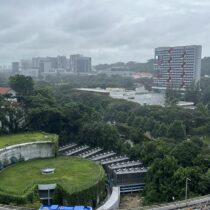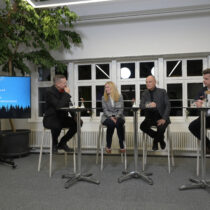RETHINKING Observation
February 8, 2024How do we observe our planet with an end to understanding and protecting it? The ETH Meets You in Davos 2024 event RETHINKING Observation looked at this question during the World Economic Forum in Davos, hosting a discussion moderated by Chris Luebkeman from ETH’s Strategic Foresight Hub.
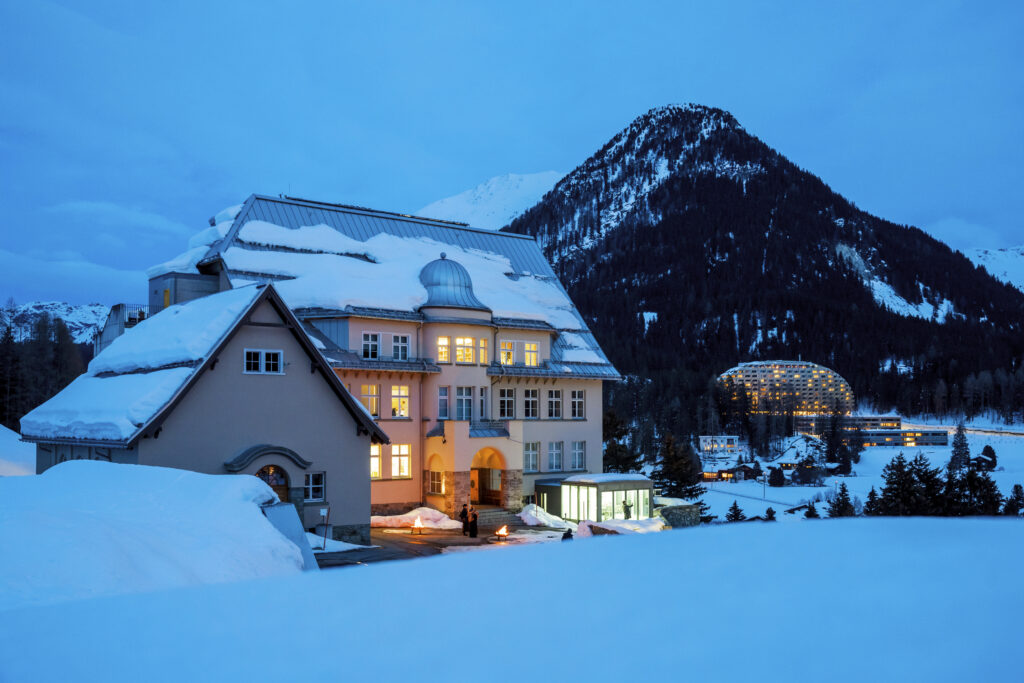
The broad range of observation that can exist in the world was reflected by the panel, whose areas of expertise span everything from the vast expanse of space to the sub-microscopic world of environmental DNA.
Adrian Glauser, a physicist at the Institute for Particle Physics and Astrophysics, builds instruments for exoplanet observation. His projects have included his long-term contribution to the James Webb telescope, ESO’s Extremely Large Telescope in Chile’s Atacama Desert, and a future space mission whose ultimate aim is to answer the question about life in the universe.
British geneticist Magdalena Skipper is the editor-in-chief at the 150-year-old journal Nature. Where it once mainly published articles on the natural sciences, today the journal has taken a more multidisciplinary approach, including social sciences, applied sciences and clinical studies, with the aim of adding engineering to the mix in future.
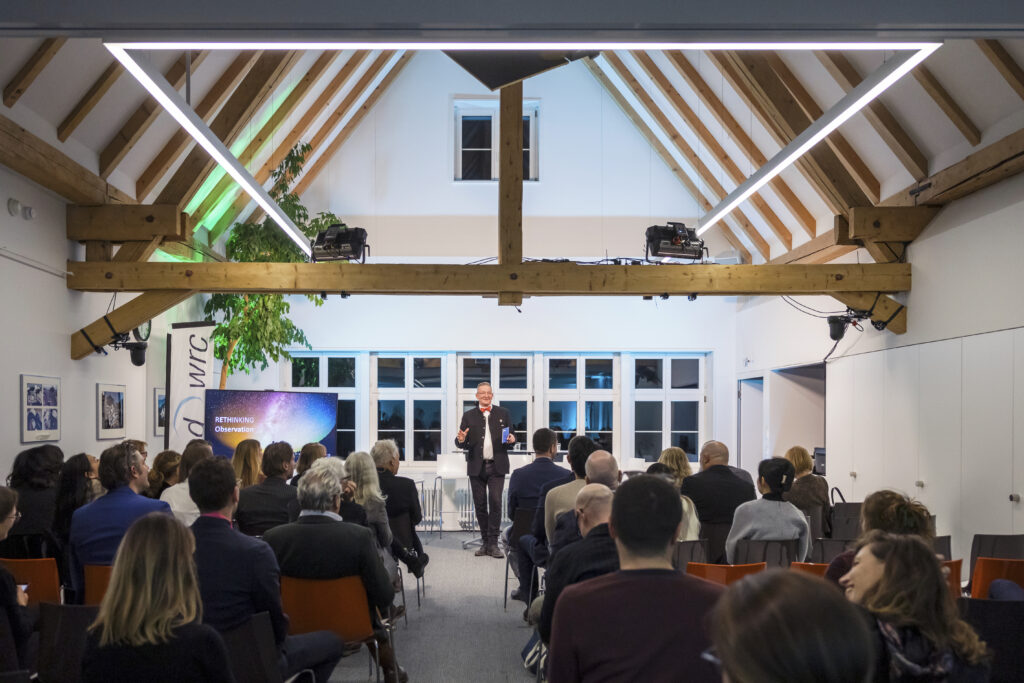
Carlos Nobre is a senior researcher at the University of São Paulo, a climate scientist who studies how the Amazon rainforest interacts with climate systems. He is working on nature-based solutions to reduce carbon levels by limiting deforestation and ultimately help minimize climate change.
Kristy Deiner, professor of Environmental DNA at ETH Zurich, looks at sub-microscopic life by collecting its DNA from water, soil and air. Her team then analyses the resulting data sets, gathering information that is proving to be significantly important for the future of life on earth.
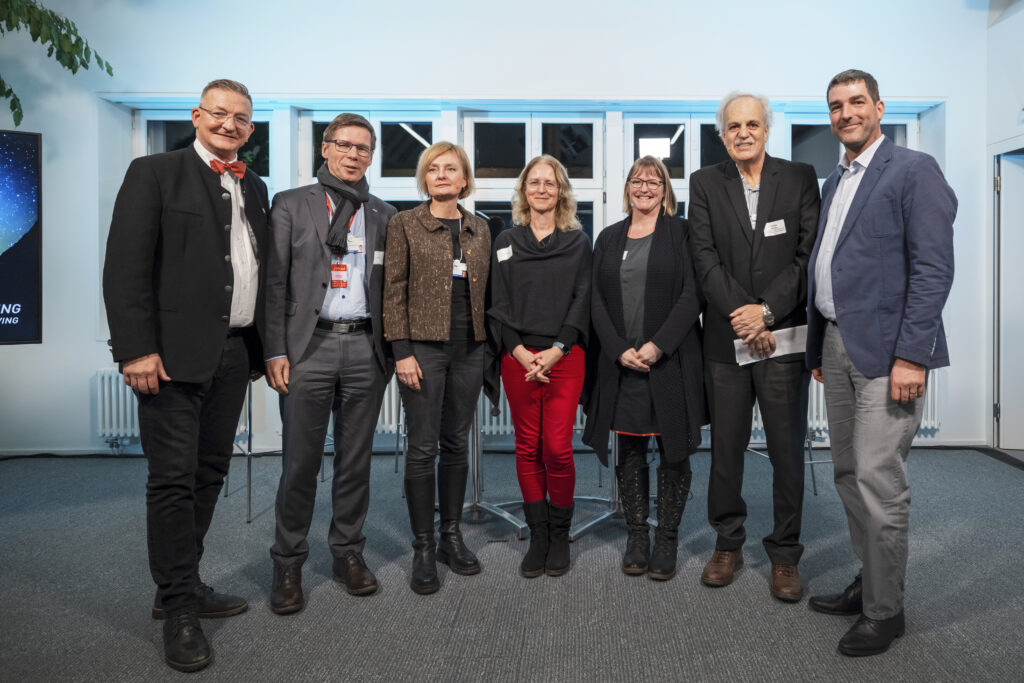
For Glauser, observation is in essence his only job. As he explained, instruments in space do not leave room for experiments. After 20 years of exoplanet observation from the Webb telescope, Glauser has learned to be open to everything, to build the mission for the unexpected as well as what is outlined in the funding.
Where scientists previously used human sensors to, say, count the number of birds in a region, Deiner’s work now takes advantage of sub-microscopic technology to harness DNA from the environment. “There’s an estimate of how many species are out there … the conservative estimate is 8 million, the upper estimate is over a trillion. So there’s that huge expanse of life that we’re able to measure now.”
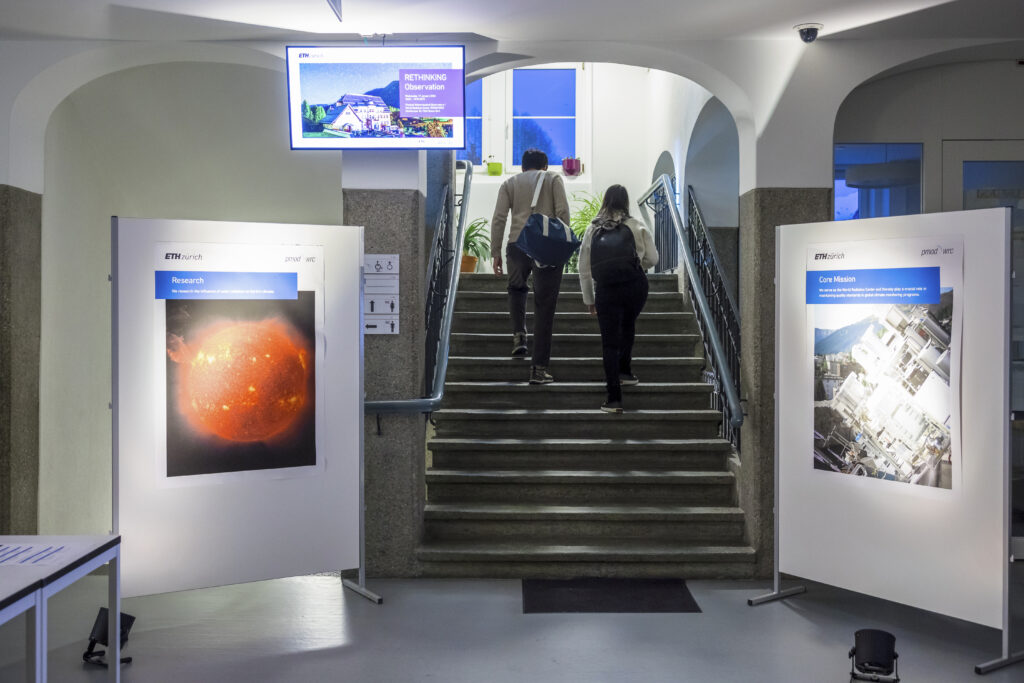
In Nobre’s work, observation has had a notable effect on how regions deal with the climate crisis. Advanced remote sensing measuring rainforest degradation showed how Europe’s demand for palm oil contributed significantly to killing more than half of Indonesia’s rainforests. The European Union has since decreed that imports be phased out by 2030.
But observation is not just about keeping an eye on specific things. “I don’t think it’s helpful to define it [as] looking for something,” says Skipper. She believes ‘exploration’ is more open-minded, and tells us about meeting a man at the WEF and talking about his “action-oriented work in the context of climate change. He had learned that to address the ongoing climate crisis, one should engage women. And he said, ‘Now that’s a really surprising result.’ And I was looking at him and I thought that’s not surprising to me at all. [It’s] a lovely demonstration of how the observer can determine what is observed, even though the possibility in the observed data is much, much greater.”
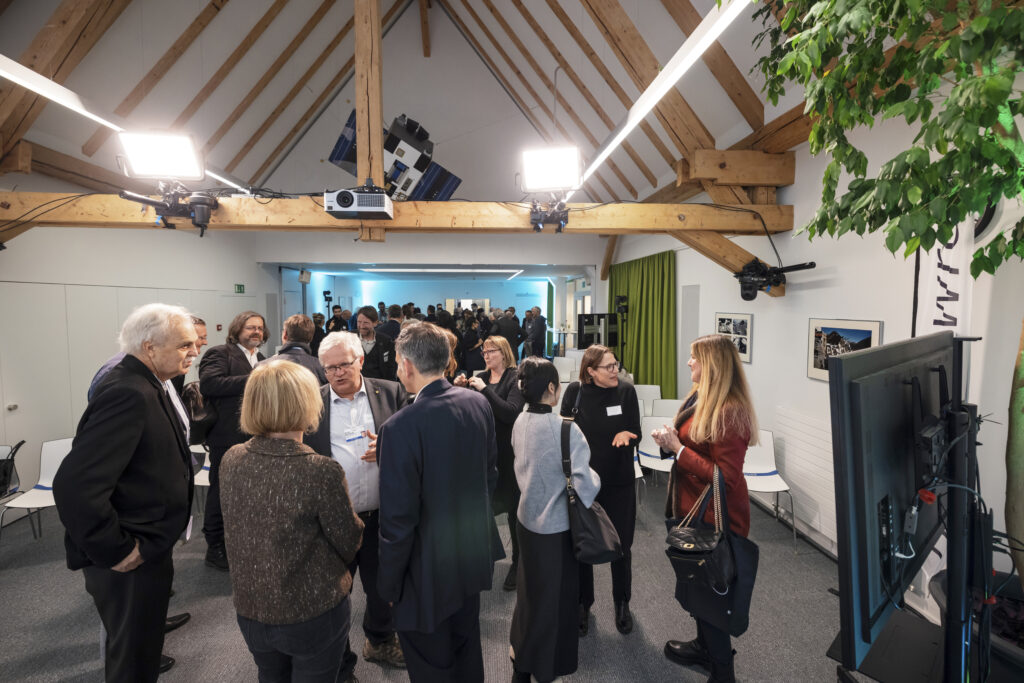
Given the state of today’s world, Nobre’s work as a climate scientist naturally receives the most attention. He is asked how much government is able to slow down or prevent development in his field – or, more optimistically, speed it up. His reply is swift: “All of us, we are so concerned with the growth of populism in the political world, populism from the extreme far right and far left as well. So what happens if we continue electing climate deniers and anti-science presidents in many countries? In a democracy, people are elected. So this is a very, very tough question.”
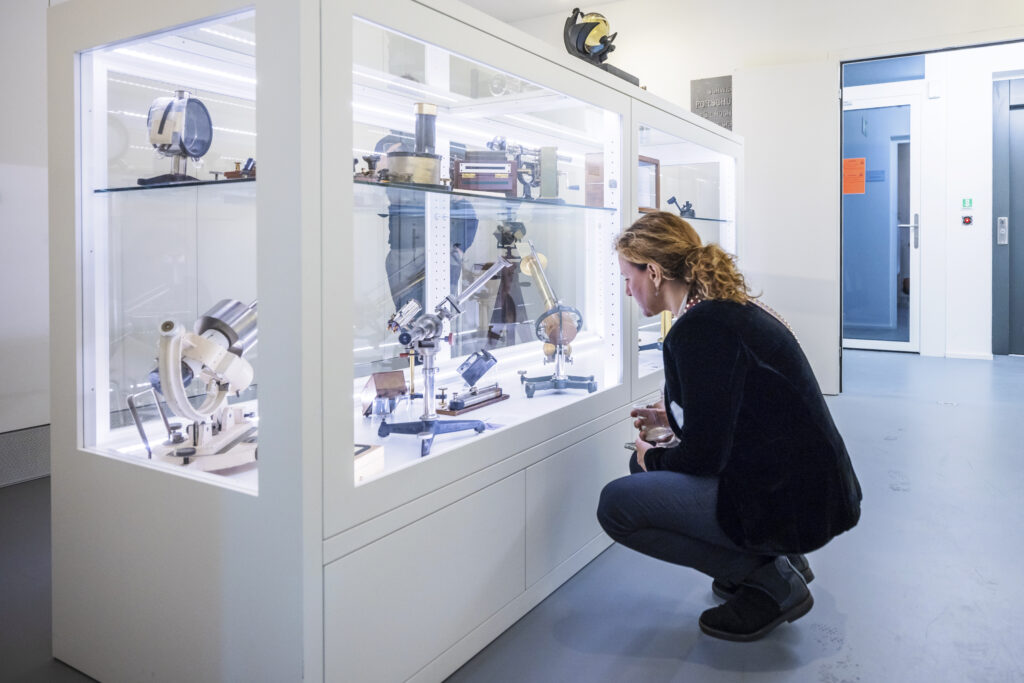
Later in the discussion, Skipper has a comment that seems to me if not a direct answer to this question, then at least applicable.
“Nothing happens in isolation, in a vacuum. There is a sort of an ecosystem and I already talked about moving beyond observation towards exploration.” She goes on to summarise how the day’s panel discussion has become an “ecosystem” of measurements, experimentation and observation.
“But very little of this is of any value if it’s not shared and communicated.”
We can all start here by watching the full discussion at the link below and sharing it with our networks:
Watch all ETH Zurich sessions here.



